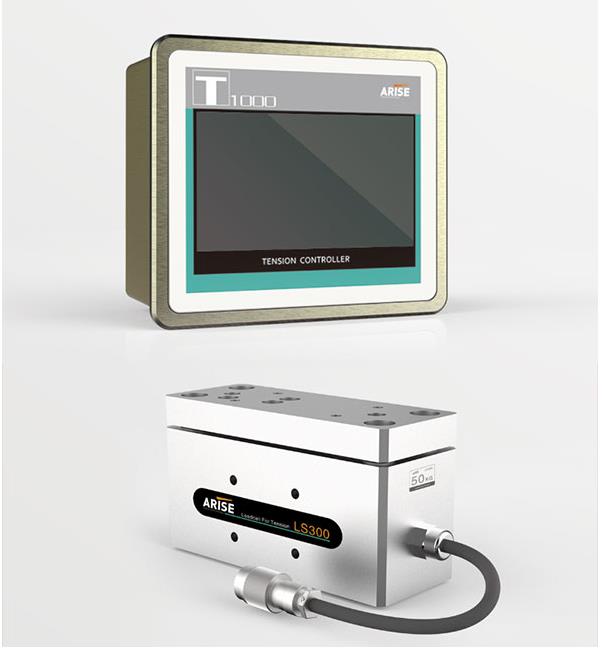What Is Tension Control System
The tension control system plays a very important role in the production of coil materials, such as high-speed gravure printing machine, laminating machine, coating machine, slitting machine and other equipment, are basically equipped with advanced tension control system, which mainly controls the tension of paper, plastic film and other reel materials. The system plays an important role in keeping the tension constant. In the production process, if the tension is too large, it will lead to tensile deformation of the material. If the tension is too small, the stress deformation between the material layers will easily occur, resulting in irregular winding, which will have a direct impact on the quality of the final product.
In order to ensure the smooth operation of the tension control system and maintain the optimal tension of the coil material, it is necessary to fully understand the tension control system. This article mainly tells the control modes, composition and working principle of the tension control system.

Control Modes Of Tension Control System
The main control modes of tension control system include direct tension control and indirect tension control.
Direct tension control is also called feedback control. It adopts tension sensor to detect the actual tension, and then converts the measured value into feedback signal and compares it with the preset tension. When there is a deviation between the two, the tension controller gives the corresponding control of the tension control system to match the actual tension with the preset tension, thus forming a tension closed-loop system. Direct tension control does not need to consider various adjustments and compensations, and can eliminate steady-state errors with high control accuracy.
Indirect tension control, also known as compensation control, can adjust and compensate the parameters that affect the tension stability to avoid the tension changes that will occur and indirectly maintain the tension stability. Compared with direct tension control, indirect tension control has poor randomness and low control accuracy.
Structure And Working Principle Of Tension Control System
The tension control system is mainly composed of three parts, which includes unwinding tension control system, traction tension control system and winding tension control system. The constant tension control of the coil material is realized through tension sensor, tension controller, frequency conversion controller, magnetic powder brake and other components.
1. Unwinding tension control system
Working principle
The tension sensor detects the actual value of the unwinding tension and feeds it back to the tension controller. Compared with the preset value of the unwinding tension in the tension controller, the deviation between the two is calculated by PID and the control voltage is output to control the resistance moment of the magnetic powder brake acting on the unwinding shaft, so as to achieve the purpose of adjusting the unwinding tension.

2. Traction tension control system
Working principle
In the production process, when the traction tension of the coil material changes, the swing roller will make corresponding swing amount. At this time, the high-precision potentiometer will indirectly measure the change of the traction tension, and then feed back the corresponding signal to the traction roller driver. After the PID adjustment, the operation speed of the traction roller will be controlled. The swing amount of the swing roller will be adjusted by changing the pressure of the low-friction cylinder to keep it stable at the set position, that is, the traction tension control will be realized.
3.Winding tension control system
Working principle
The system detects the actual value of the winding tension through the tension sensor, and then feeds it back to the winding web tension controller. Compared with the preset value, the deviation between the two is calculated by PID and the control voltage is output to the winding motor driver to adjust the running speed of the winding motor to achieve constant tension control. In the winding tension control system of some equipment, the taper tension control system is often added, which can make the coil material in the state of tight inside and loose outside during the winding process, so as to prevent the slipping among layers of the coil materials and improve the tension stability of the subsequent procedures.

